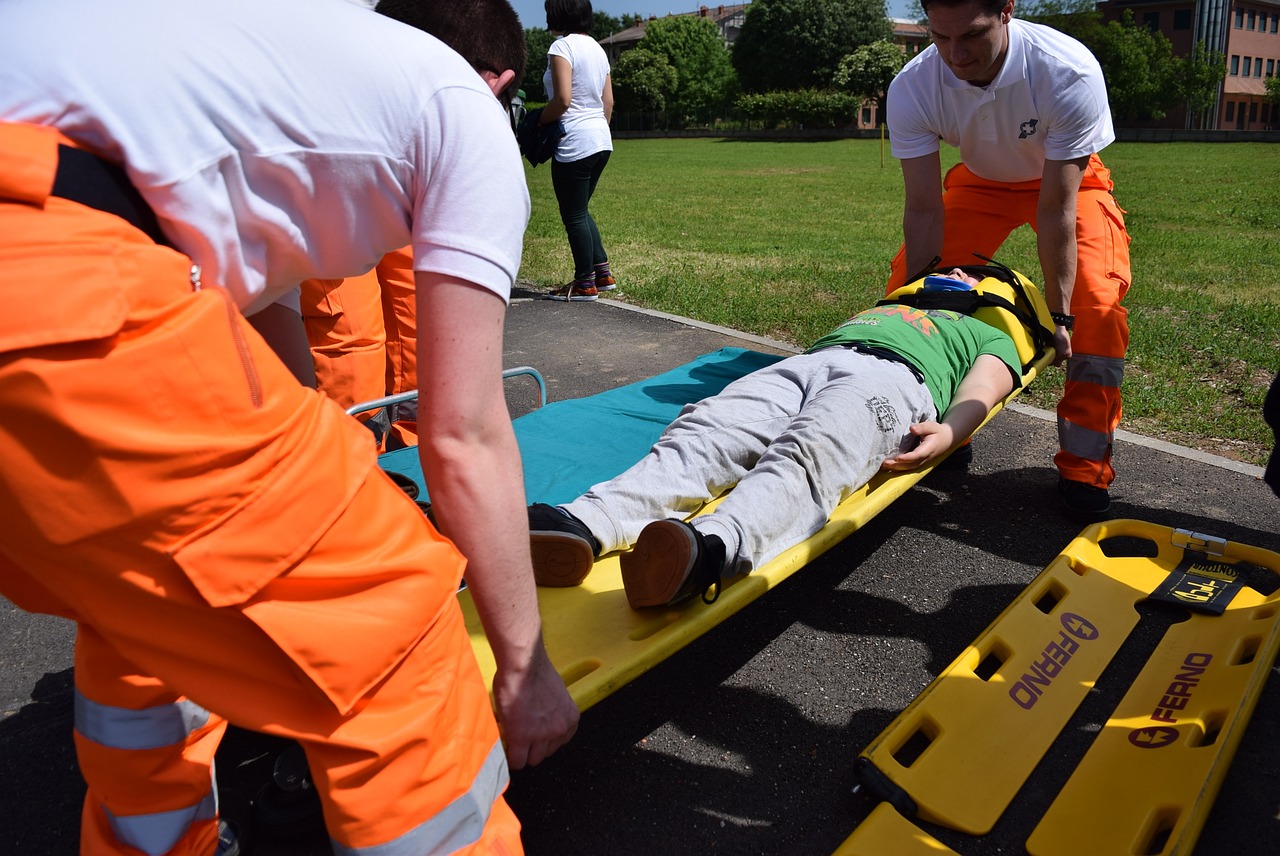Sustaining a brain injury can profoundly impact an individual’s emotional well-being. In addition to the physical challenges, the emotional consequences of a brain injury can significantly affect one’s quality of life and relationships. This article aims to shed light on the emotional impact of a brain injury and provide a better understanding of the challenges individuals may face.
Emotional Challenges Faced After a Brain Injury
Emotional instability
Brain injuries can disrupt the brain’s ability to regulate emotions, leading to sudden mood swings, irritability, and emotional outbursts.
Depression
Many individuals with brain injuries experience symptoms of depression, including persistent sadness, feelings of hopelessness, loss of interest in activities, and changes in appetite or sleep patterns.
Anxiety
Brain injuries can contribute to developing anxiety disorders, such as generalized anxiety disorder, panic disorder, or post-traumatic stress disorder (PTSD). Individuals may experience excessive worry, restlessness, difficulty concentrating, and physical anxiety symptoms.
Emotional Reactivity
Emotional reactions may become heightened or exaggerated, making it challenging to control or manage emotions in certain situations.
Reduced Self-Esteem
Brain injuries can affect an individual’s sense of self and confidence. Physical changes, cognitive impairments, and limitations in daily functioning may lead to a diminished self-image and reduced self-esteem.
Social Isolation
Difficulties with communication, cognitive impairments, and emotional challenges can lead to social withdrawal and isolation. Individuals may struggle to maintain relationships and participate in social activities.
Coping with Emotional Challenges
Seek Professional Help
Individuals with brain injuries need to consult with mental health professionals, such as psychologists or psychiatrists, who specialize in brain injury-related emotional challenges. These professionals can provide appropriate assessments, therapies, and support.
Build a Support Network
Surrounding oneself with a supportive network of family, friends, and support groups can provide a crucial source of emotional support and understanding.
Practice Self-Care
Engaging in self-care activities, such as exercise, relaxation techniques, hobbies, and pursuing enjoyable activities, can help reduce stress, improve mood, and enhance overall well-being.
Cognitive-Behavioral Therapy (CBT)
CBT is a common therapeutic approach to address emotional challenges following a brain injury. It identifies and modifies negative thought patterns and behaviors, promotes adaptive coping strategies, and improves emotional regulation.
Psychoeducation
Learning about the emotional consequences of brain injuries and understanding that these challenges are a normal part of the recovery process can help individuals and their families better cope with the emotional impact.
Medication Management
In some cases, medication may be prescribed to help manage symptoms of depression, anxiety, or other emotional challenges. Working closely with a healthcare professional to find the most appropriate medication and dosage is important.
Conclusion
The emotional impact of a brain injury can be significant and may persist long after the physical wounds have healed. Understanding individuals’ emotional challenges, seeking professional help, building a support network, practicing self-care, and exploring therapeutic approaches can aid recovery. By acknowledging and addressing the emotional impact, individuals with brain injuries can work towards regaining emotional well-being, improving their quality of life, and fostering meaningful connections with others. Also, contact a brain injury lawyer in Las Vegas to deal with the legal matters of the accident. They can help you get enough funds to cover your medical bill.
